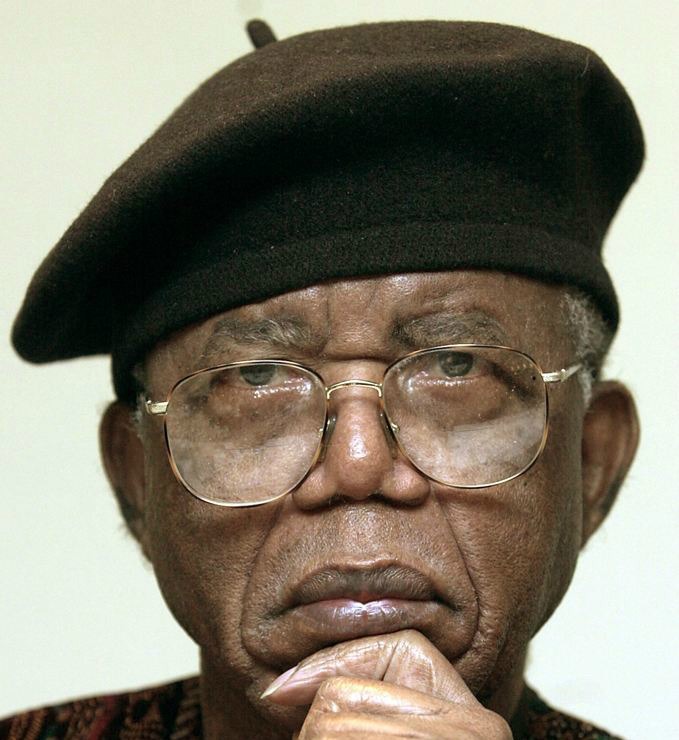(photo credit: dpa, Frank May)
I will admit this now: When I was a student at Spelman College in the early ’80’s, I didn’t know that Africans wrote books.
Lucky for me, the venerable English teacher Millicent Dobbs Jordan changed all that. She taught a course entitled Contemporary West African Literature, a title so enticing that I signed up for the course out of curiosity. Of course we read Chinua Achebe’s Things Fall Apart. And No Longer At Ease. In her classroom, Dr. Jordan — who’d witnessed Nigeria’s 1960 independence ceremony — spoke of the bravery of Achebe’s novels, their seminal distinction and extraordinary gift of western language brought to bear on a dignified, true portrayal of Africans. I began then to foment two desires: to become a writer who wrote stories that way, from the inside, and to visit Nigeria.
In the wake of his death, much has rightfully been said about Achebe’s effect on a younger generation of Nigerian writers. Indeed, Chimamanda Ngozi Adichie, Chris Abani, Teju Cole and Uzodinma Iweala owe an immeasurable literary debt to him. The young Nigerian writer Buki Papillon spoke for many, I’m sure, when she wrote on her Facebook status update: “Things Fall Apart was the first book to teach me that the written word can reach into your chest, tear out your heart, shred it, stomp on the pieces and leave you grateful for the experience. RIP, Chinualumogu Achebe. Your work lives on.”
But as Kwame Anthony Appiah points out, for most people around the world, Achebe was “their first African writer.” That includes generations of African-American writers as well. Indeed, Toni Morrison has said she was influenced by Achebe and other African writers who, unlike the black male writers of the ’60s and ’70’s, saw their blackness as central and felt no need to explain themselves to white readers.
**
I did get to fulfill my two desires — to write a story that told my truth about a world others assumed they knew, and to visit Nigeria. After college, a fellowship to study African media women allowed me to live in Lagos for nearly a year. I recall sitting beside the lagoon at the University of Lagos, a slight breeze rippling its water, and reading from cover to cover Achebe’s slim, brilliant and prescient book The Trouble With Nigeria. That book predicted the New Year’s Day coup of ’84, and quite frankly, the entire sad, recent history of his beloved country.
After living amidst the intellectuals and journalists and writers who revered Achebe, I left Nigeria with an even deeper appreciation for his work, as well as that of other African writers, many of them women. I carried that appreciation with me to Columbia University, where I once innocently asked a professor after her lecture who was this Somerset Maugham she spoke of? She looked at me with incredulity and said, “If you’ve never heard of Maugham and you’re at an ivy-league institution, then you should just go back to ‘Go'”. Fuming, I later barged into her office and announced that I was in fact quite well-read in African literature, rattling off names of several authors, Achebe included. “I find that far more valuable than knowing about a British writer who wrote melodramas in the ’30s,” I said. Nodding vigorously, she stumbled out an apology, and later slipped a written one into my mailbox.
Fast-forward many years, and I have just completed a novel based on my time in Nigeria. Into The Go-Slow is its title and it has Achebe’s influence all over it — from the uncompromising newspaper editor inspired by a character from Anthills of the Savannah to the painstaking care I took to render an honest, complex picture of modern-day Nigeria.
I appreciate that Achebe was the godfather to every African writer who came in his wake. But you do not have to be a native son or daughter to show your gratitude for his influence. You can also be a black girl from Detroit and feel just as grateful.
Thank you, Mr. Achebe. RIP.

